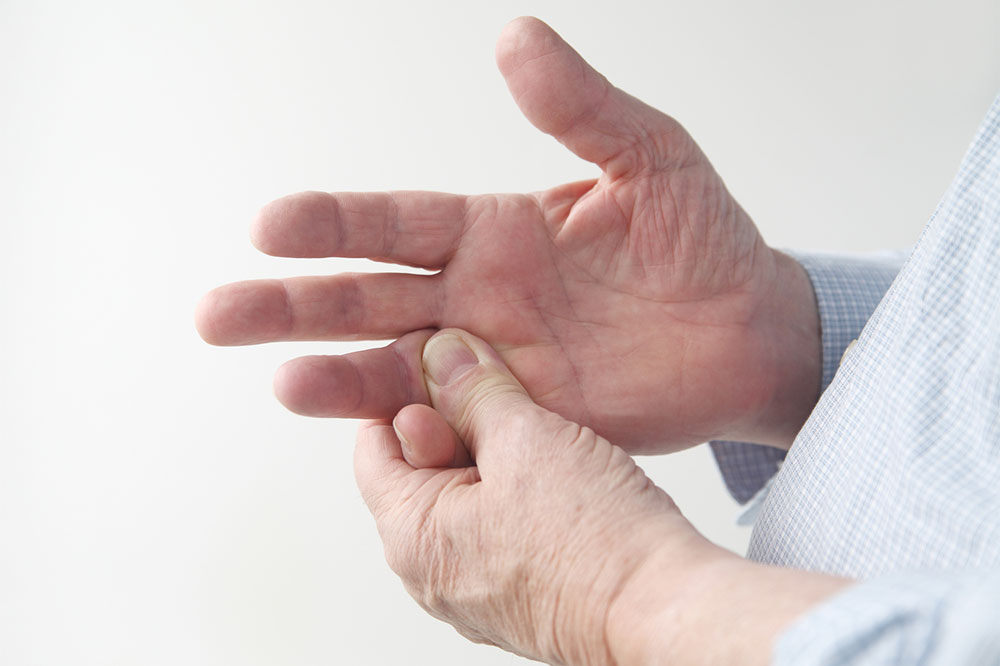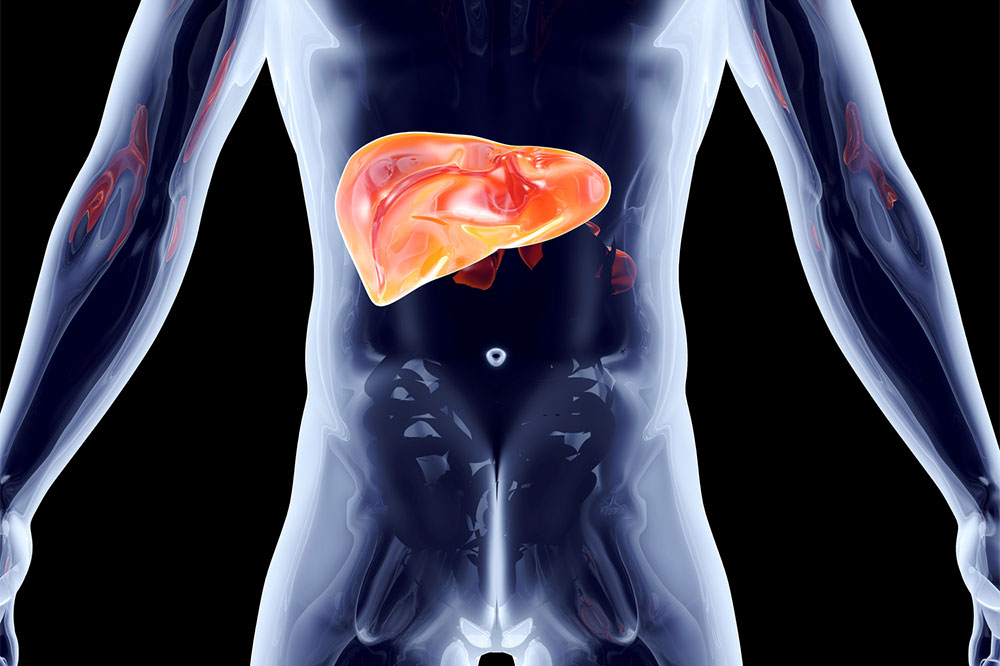These 10 warning signs of pneumonia should not be ignored

Pneumonia is a common and potentially serious respiratory infection affecting millions worldwide each year. It is typically caused by a bacterial, viral, or fungal infection that inflames one’s lungs. It can strike anyone, from infants to seniors, and its symptoms can vary in severity, depending on one’s condition. Recognizing the signs and symptoms of pneumonia is crucial for early diagnosis and proper treatment. Here are some key indicators of pneumonia that warrant immediate expert attention.
What is pneumonia?
Pneumonia is a type of infection wherein the air sacs in one’s lungs get swollen or filled with pus or other fluids. This inflammation can make it difficult for the affected person to breathe and lead to potentially life-threatening complications.
What are the common signs of pneumonia?
- Cough
One of the earliest signs of pneumonia is a persistent cough. This cough can produce green, yellow, or even bloody mucus. It may start as a mild irritation and worsen over time. - Fever
An increase in body temperature is another common sign of the body’s defense response to the infection. This high fever can even reach up to 105 degrees Fahrenheit. - Chills and sweating
People with pneumonia often experience chills and excessive sweating, particularly during fever spikes. - Difficulty breathing
Feeling o f breathlessness or shortness of breath, especially during physical activity, is a concerning pneumonia symptom. This occurs because the inflamed air sacs cannot function properly, limiting the amount of oxygen entering the bloodstream. - Chest pain
Chest pain that worsens when coughing or inhaling deeply is another common symptom of pneumonia. It can be described as a sharp or stabbing sensation and may be felt on one or both sides of the chest. - Fatigue
The body expends a lot of energy to fight the infection, so pneumonia can be exhausting. People with the infection often feel extremely tired and weak. - Confusion
More common in older adults, pneumonia can sometimes manifest as confusion or changes in mental awareness. - Nausea and vomiting
Some individuals with pneumonia may experience gastrointestinal symptoms like nausea and vomiting. - Loss of appetite
A decreased appetite is a typical symptom of pneumonia, which can contribute to loss of body mass. - Rapid heartbeat
An elevated heart rate may occur as the body tries to compensate for decreased oxygen levels in the blood.
When should one seek help?
If one or someone one knows is exhibiting signs and symptoms of pneumonia, it is crucial to seek expert help promptly. Pneumonia can lead to serious complications, including respiratory failure, sepsis, and lung abscesses, especially if left untreated.
It’s important to note that the severity of pneumonia can vary widely, from mild cases that can be managed at home to severe cases that require hospitalization. Additionally, certain groups of people, such as the elderly, infants, and individuals with weakened immune systems, are more susceptible to severe pneumonia and its complications.






